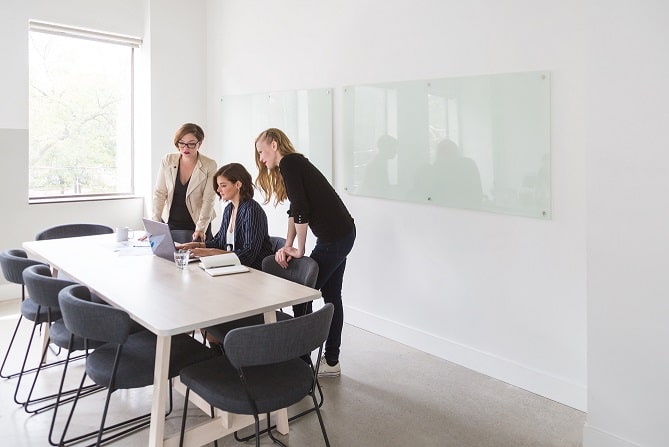 Back in the days before Health and Safety was invented a fall in the workplace due to a trailing cable or wet floor was probably met with a response of “pick your feet up” or “watch where you’re going” or sometimes even laughter.
Back in the days before Health and Safety was invented a fall in the workplace due to a trailing cable or wet floor was probably met with a response of “pick your feet up” or “watch where you’re going” or sometimes even laughter.
Even now some employers try and adopt the culture that falling over isn’t so serious (some comedians even make a whole career out of it) but for employees on the receiving end of these accidents it is no laughing matter.
Slips and trips in the workplace can result in anything from bruises to serious injuries. The fact of the matter is that your employer has a responsibility to keep you safe at work and if they have failed to ensure that there are proper procedures to look after your safety then they are at fault.
The Health and Safety at Work Act 1974 provides the general responsibilities of an employer and an employee and how these relate to each other. In short it says that an employer must look after the health and safety of his employees while they are at work. It also says that employees must take reasonable care for their own safety and co-operate with their employers’ procedures for reducing health and safety risks.
Whether you work in factory or an office you might never have thought about how dangerous it can be to move around your place of work. There could be the obvious dangers such as stairs and raised working areas that sit slightly above floor level; or, there could be the less obvious dangers, such as sloped flooring or that cable that trails from one side of the room to the other.
The Workplace (Health, Safety and Welfare) Regulations 1992 – in particular regulation 12 – provide for just these situations. These regulations put a responsibility on employers to make sure that all floors and walkways in the place of work are suitable for their purpose for which it is to be used – so if there was a chance that water could spill and cause a hazard as part of the work a rougher “non-slip” type of flooring would be more suitable than smooth tiles.
There is also a responsibility on employers to make sure that floors and traffic routes (walkways) should not have holes, slopes or be slippery so that a hazard is caused to any persons health and safety. Your employers should have coned or roped off the hole and provided handrails on slopes and stairs where they can – if you think you see a danger then you should tell them immediately. If you work on floors in places where liquids are poured or sprayed onto the floor as part of the work done there then these should have adequate drainage to stop them becoming a hazard.
It is also important to note that these regulations make it the employers’ responsibility to keep the floors clear from obstructions and any obstacle (such as a cable, box, machine etc.) or substance which may cause a person to slip, trip or fall. This means that wires left trailing, oils/greases on workshop floors, and water or dirt in entrances – amongst others – are not acceptable.
If after reading this it looks as if your employers have ignored any of these rules on workplace safety or have failed to keep you safe in the first place and you have suffered an injury as a result then contact The Injury Lawyers for professional and expert personal injury advice.

 Back in the days before Health and Safety was invented a fall in the workplace due to a trailing cable or wet floor was probably met with a response of “pick your feet up” or “watch where you’re going” or sometimes even laughter.
Back in the days before Health and Safety was invented a fall in the workplace due to a trailing cable or wet floor was probably met with a response of “pick your feet up” or “watch where you’re going” or sometimes even laughter. 









